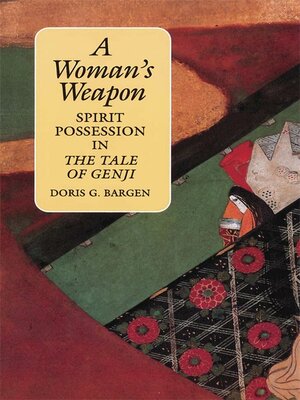
Sign up to save your library
With an OverDrive account, you can save your favorite libraries for at-a-glance information about availability. Find out more about OverDrive accounts.
Find this title in Libby, the library reading app by OverDrive.



Search for a digital library with this title
Title found at these libraries:
| Library Name | Distance |
|---|---|
| Loading... |
In this subtle and highly original reading of Murasaki Shikibu's 11th-century classic The Tale of Genji (Genji monogatari), Bargen explores the role of possessing spirits (mono no ke) from a female viewpoint. In several key episodes of the Genji, Heian noblewomen (or their mediums) tremble, speak in strange voices, and tear their hair and clothing while under the spell of mono no ke. For literary critics, Genji, the male protagonist, is central to determining the role of these spirits. From this male-centered perspective, female jealousy provides a convenient explanation for the emergence of mono no ke within the polygynous marital system of the Heian aristocracy. Yet this conventional view fails to take into account the work's female authorship and its largely female audience. Relying upon anthropological as well as literary evidence, Doris G. Bargen foregrounds the motives of the possessed character and locates mono no ke within the politics of Heian society, interpreting spirit possession as a female strategy adopted to counter male strategies of empowerment. Possessions become "performances" by women attempting to redress the balance of power; they subtly subvert the structure of domination and significantly alter the construction of gender.
A Woman's Weapon will find an appreciative audience not only among Genji specialists but also among scholars in the fields of anthropology and gender studies who are curious about the complex phenomenon of spirit possession as reflected in the mirror of a major literary work.







